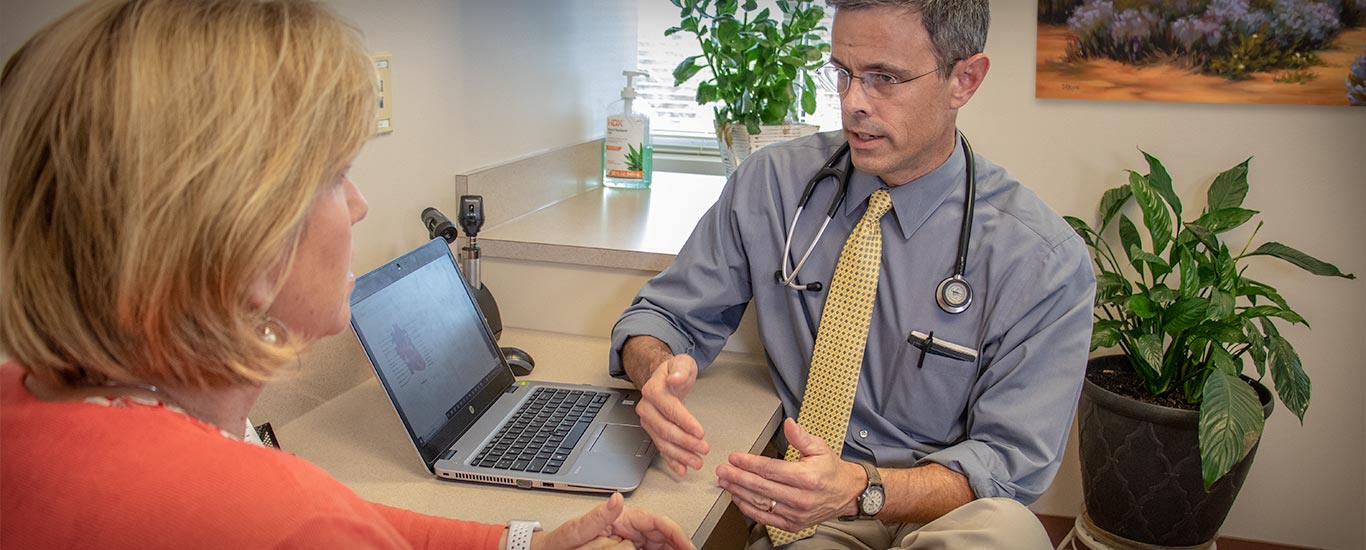
Joint Pain
Joint pain is discomfort experienced in or around your joints. This pain typically comes from the joint itself, tendons, bone, and even muscles. The most common cause of joint pain is osteoarthritis (ie “wear and tear” arthritis). Arthritis is discomfort, pain or inflammation within the joint itself. It is estimated that more than 55 million adults in the United States deal with some form of arthritis annually, such as osteoarthritis, rheumatoid arthritis, lupus and others.
If you face frequent or troubling joint pain, consider contacting an experienced primary care doctor in Raleigh today. A primary care physician can help you find relief to greatly improve your quality of life.
Causes of Joint Pain
Joint pain is caused by damage, injury or inflammation that affects your ligaments, tendons, bursae, or the joint itself. Your joints are the areas that connect one bone to another. Bursae are fluid-filled sacs that act as a cushion between your ligaments or tendons and underlying bone.
Arthritis is the most common cause of joint pain. There are several different types of arthritis, such as:
Degenerative
This is the most common type of arthritis. It occurs as the cartilage wears away and eventually leaves bone rubbing against bone.
Autoimmune
This type of arthritis is when the immune system attacks the joints, causing inflammation. Rheumatoid arthritis and psoriatic arthritis are subtypes of autoimmune arthritis.
Infectious
This type of arthritis is caused by a fungi, bacteria or virus entering the joint and causing inflammation and pain.
Crystal-induced
Gout is the most common crystalline arthritis. Gout occurs when uric acid crystallizes in and around the joints and triggers an immune reaction.
Treatment
Treatment for joint pain varies from patient to patient and often involves the development of a comprehensive pain management plan by your primary care physician in Raleigh.
To deliver temporary or immediate relief, your doctor will often prescribe ample rest, icing the affected area, compression as needed, and elevation whenever applicable. This treatment is also known as the RICE Method.
If facing more severe pain and swelling, your primary care doctor may also prescribe medication. For occasional joint pain, over-the-counter medications such as acetaminophen (Tylenol), naproxen (Aleve), or ibuprofen (Advil) can be effective. Always consult with your primary care doctor prior to starting any over-the-counter pain medication regime.
Your doctor might also recommend physical therapy, which can be helpful for many causes of joint pain.
Getting the Right Help
If your joint pain requires specialist treatment your primary care doctor may recommend a rheumatologist (a specialist in autoimmune disorders) or an orthopedic surgeon.
Let’s Face Your Joint Pain Together
At Sentinel Primary Care, we are committed to providing top-notch care to our members. While facing frequent joint pain can greatly impact one’s quality of life, Dr. Patrick O’Connell partners with you to develop a personalized treatment or pain management plan that complements your lifestyle.
If your injury requires more specialized care, we will coordinate with a specialist to get you on the path to recovery quickly.
Schedule your initial visit with Dr. Patrick O’Connell today.


